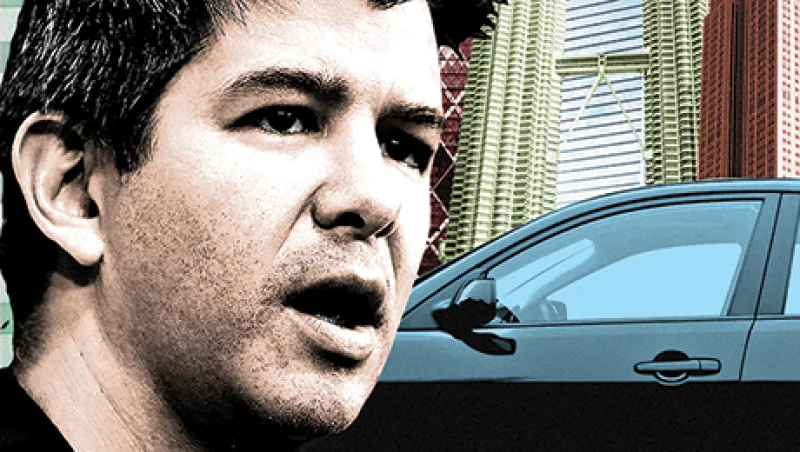
Uber’s Bad-Boy Attitude Leaves It Prone to Ethical Lapses
The Silicon Valley ride-sharing service led by Travis Kalanick may be worth $41 billion, but its public image has room for improvement.
Imogen Rose-Smith
December 11, 2014


